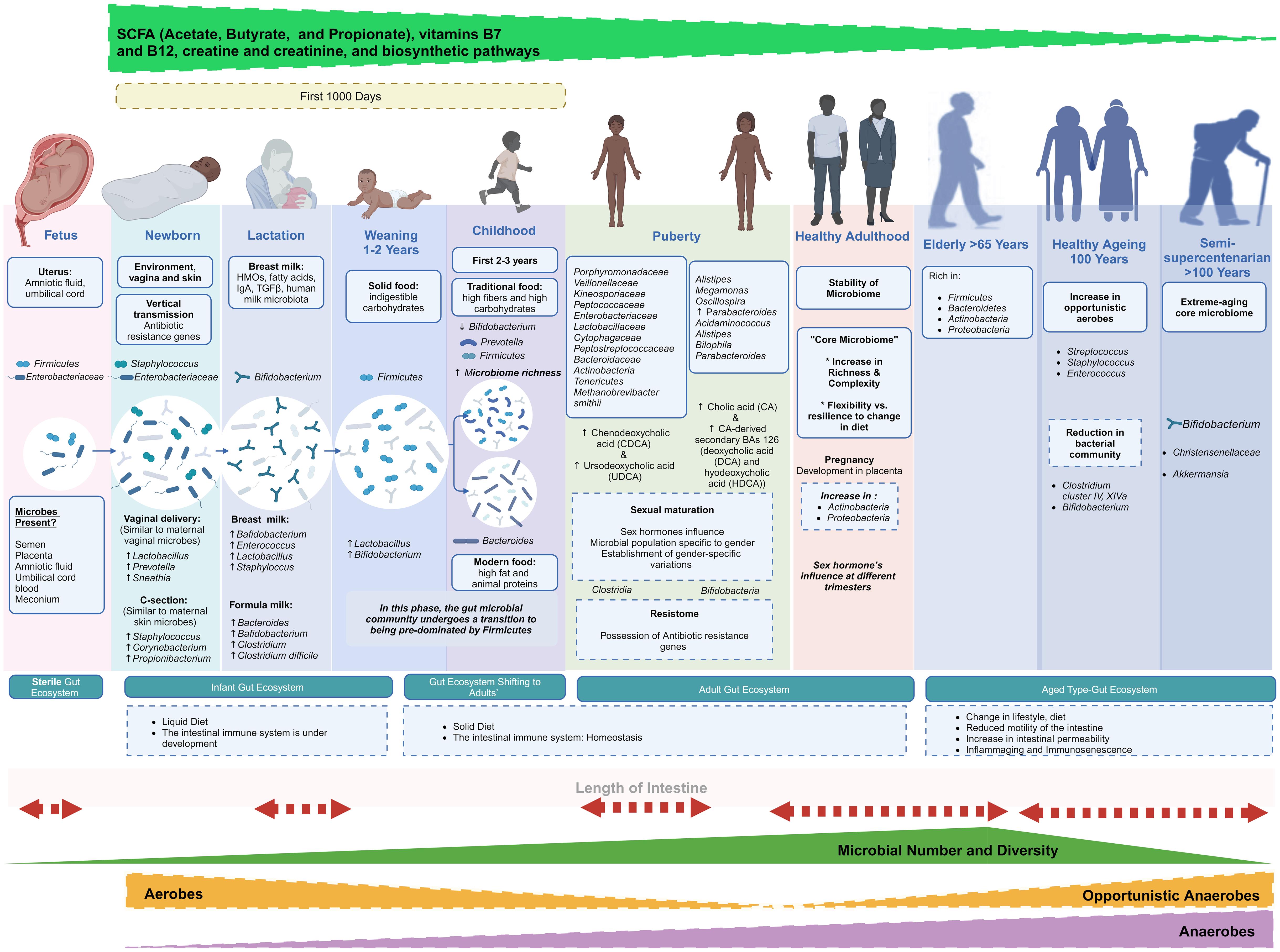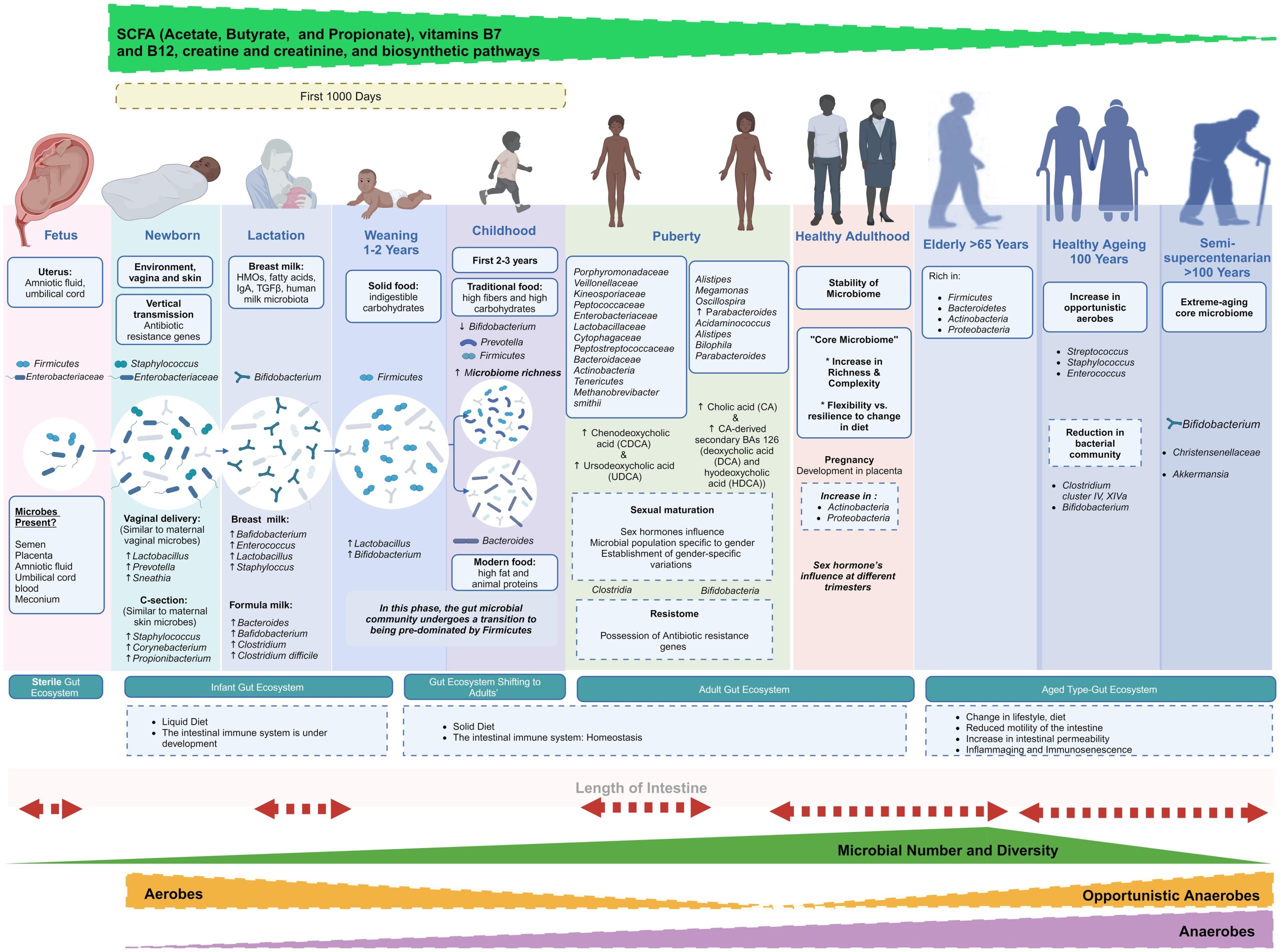
Groundbreaking Research Connects Immune Resilience to Extended Lifespan of 15 Years
In a pivotal study published within the journal Aging Cell, researchers have revealed a significant predictor of prolonged health and survival: immune resilience. Led by scientists at the University of Texas Health Science Center, the comprehensive research found that individuals possessing a unique immune characteristic associated with a protein named TCF7 (transcription factor 7) could potentially enjoy more than 15 additional years of life compared to those who lack this trait, primarily due to lower rates of infections, chronic illnesses, and early mortality.
What Is Immune Resilience?
Immune resilience is defined as the body’s capacity to sustain robust immune function while regulating inflammation—two crucial processes that tend to decline with age. The researchers characterize immune resilience as a salutogenic trait—indicating one that actively fosters health instead of merely avoiding illness. Their results underline that immune resilience goes beyond combating diseases; it plays a role in influencing the trajectory of biological aging.
“Upholding optimal immune resilience with heightened TCF7 levels creates a clinically actionable salutogenic trait,” the authors illustrate. In practical terms, those who possess this trait are better prepared to combat the immune decline generally linked to aging.
Transformative Longevity Advantages
The researchers evaluated information from roughly 17,500 individuals, analyzing mortality and disease progression rates associated with immune markers, especially TCF7 levels. The findings showed that individuals with low immune resilience at the age of 40 faced a mortality risk nearly 10 times greater than their peers of the same age who exhibited strong resilience. In fact, their risk level was comparable to that of individuals demonstrating good immune resilience who were 15.5 years older.
“That degree of difference was remarkable,” stated the lead researchers. “It implies that optimal immune functionality can significantly decelerate biological aging.”
Key Age Range for Optimal Effect
The middle-aged demographic (40–70 years) emerged as the most critical period for enhancing immune resilience. During this timeframe, individuals with elevated immune resilience experienced a 69% reduction in death risk compared to those with low immune resilience. Women demonstrated a higher likelihood than men to exhibit better immune resilience, shedding light on their generally extended lifespans.
Health Advantages Beyond Longevity
The investigation extended beyond lifespan to consider health span—the number of years a person lives in good health. Immune resilience was not only correlated with decreased all-cause mortality but also with enhanced outcomes in a variety of diseases such as:
– Severe infections including COVID-19
– Cardiovascular conditions
– Neurodegenerative diseases such as Alzheimer’s
– Response to vaccines
This implies that immune resilience might act as a unifying factor in how the body manages health challenges over the lifespan.
Therapeutic Potential and Future Directions
Given the significant role of TCF7 in promoting immune resilience, researchers are now exploring methods to boost or replicate its function through prospective therapies, lifestyle changes, or personalized medicine. The goal is to create clinical tools capable of evaluating and enhancing immune resilience in middle-aged adults—potentially transforming preventive care and the science of aging.
Reimagining Aging: A New Scientific Approach
This research marks a transformative moment in the way medical science interprets aging. Instead of merely tackling isolated age-related diseases, researchers advocate for a more comprehensive strategy focused on maintaining the body’s immune strength. “We propose a new framework in aging research that differentiates between addressing age-related diseases and altering the aging process itself through immune resilience-related salutogenic mechanisms,” the study concludes.
Conclusion
By underscoring TCF7 and immune resilience as vital components of longevity, this investigation sets the stage for preventive methods and interventions that may help individuals not only extend their lifespan but also improve their quality of life.
With additional research and incorporation into public health initiatives, focusing on immune resilience may soon become a fundamental aspect of preventive medicine—providing a practical, actionable approach to healthier, longer lives.
Support Independent Science Reporting
If research like this enhances your understanding and motivates action, consider supporting the journalism that delivers it to you. Independent reporting relies on your contributions—regardless of the amount. Thank you for aiding in keeping science accessible, precise, and impactful.
